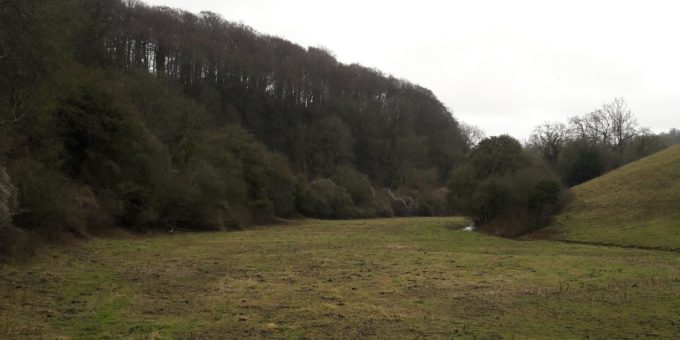
Zero West’s ambition to speed up the shift to a new energy system means we must find the ‘sweet spot’ where business, community and government work together. How to do that is one of our main challenges. We recognise that to make the progress we need, all three sectors need to participate. At the same time different sectors understand ‘zero carbon’ in different ways, because they work with different logics, constraints and have different priorities.
We often think of business and government as the most powerful actors. However, there is increasing recognition of the important role of the ‘commons’ – activity for the common good – taking place in communities and the third sector. Kate Raworth, author of Donut Economics, includes the ‘household’ within her model of the new economy, and we know that individual action at the household level is also important in effective action on climate change.
A first step in thinking how to work across all these sectors is to consider the different values and concerns each of them tends to have. The lists below illustrate some of these. Do you recognise them? Have we missed something?
Values and concerns of community:
- Equality, fairness and inclusion
- Everyone has a say in decisions, is listened to and can participate in various ways
- Take things at a pace that doesn’t leave anyone behind
- Not constrained by bureaucracy or hierarchy
- Concerned with what is right for the long term future
- Can be local/parochial at the expense of wider concern
- Values-led, and multiple values important
- Collective achievement of direct value to the individuals involved
Values and concerns of business:
- Financial viability
- Efficiency and productivity – good use of time towards goal
- Publicly listed companies must maximise profit to shareholders (not ap plicable to all types of business)
- Market share
- Market creation – for example, is there are market for renewable energy?
- Reputation and brand
Values and concerns of (local) government:
- Strict boundary – responsibility and action within their own geographic bounds, not outside
- Fulfilling statutory responsibilities and safeguarding for everyone in the jurisdiction
- Managing under severe budgetary constraints
- Being seen not to waste money
- Reputation and risk management, fulfilling legal requirements
- Officers are politically neutral and deal correctly with conflicts of interest
- Elected members have party allegiances and seek policy implementation
Values and concerns of individuals and households:
- Family and relationships
- Financial stability and security
- Enjoyment, leisure and relaxation
- Health, good nutrition, care
- Home, belonging, shelter and safety
- Identity and meaning
- Social status e.g. through wealth, power, esteem
Of course, communities, businesses and governments are all made up of individuals. And most people adopt different roles at different times in their day. Even so sometimes it can seem like these sectors are speaking different languages and live in different worlds. As a caricature, in business meetings, people dress smartly and talk about return on investment and performance indicators. In community meetings people dress casually and talk about participation and local values. In government meetings people are careful to not have external allegiances, and talk about budgets, rules and procedures.
What does it mean to work with and collaborate across these differences?
The diagrams below illustrate some general apporaches to working with cultural differences – we don’t know the best way, or the best combination, yet, and are looking forward to exploring more.
Is Zero West aiming to recruit those people who are already at the overlap between those worlds?

Or to act as the glue between separate groups, like this?

Or to work across the boundaries, in the overlap and beyond?

Or to work with everyone, in all parts of society?

In principle, we’d like to work with everyone, but it seems likely we’ll begin by trying hard to work across boundaries.
For now, we emphasise that working across differences is important, but not easy.
It may mean that we have some meetings that are in different ‘styles’ to suit different people. It may mean that we support everyone who gets involved to learn how to appreciate and work with different cultures and values.
What do you think? What is your experience of working with these differences? Get in touch with us on twitter @zerowest or on facebook, or write to us.
“It is not our differences that divide us. It is our inability to recognize, accept, and celebrate those differences.”
Audre Lorde

